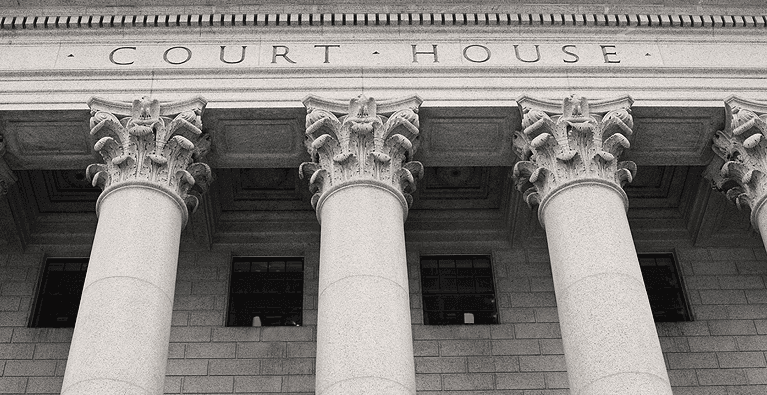Supreme Court: Joint Enterprise Law Misinterpreted for 30 Years

Today the Supreme Court announced that for the last 30 years the Courts have been interpreting the law on ‘joint enterprise’ wrongly.
The Supreme Court has been considering the appeal of Ameen Jogee, who was convicted of murder despite never wielding the knife nor causing any injury himself. He was convicted on the basis that his actions in encouraging his friend to stab a former police officer made him guilty under a legal doctrine called ‘joint enterprise’. Members of a group could fall under ‘joint enterprise’ when they jointly carried out one offence but during that offence being committed, another member of the group carried out a second offence and the members of the group knew it was possible this second offence would be committed, even if they have not been directly involved with it.
Today the Supreme Court judges announced their decision and ruled that the way this test was applied was wrong and that Courts had not been thinking about the foreseeability of the second crime in the correct way. Instead, Courts should have been considering much more carefully whether the defendant actually ‘encouraged or assisted’ the person carrying out the first crime. The court found that foresight, i.e. knowing or thinking that it was possible the second offence would be committed, is not by itself enough to convict somebody under joint enterprise. Instead, this is just one factor that the court has to look at in deciding whether there is enough evidence to show that the defendant has encouraged or assisted the main offender, rather than treating foresight as automatically meaning the test is met.
Ameen Jogee will remain in prison for the time being and a decision will now need to be made about whether his conviction should be changed to a different offence such as manslaughter or there should be a re-trial of his case.
After today’s ruling, there are likely to be many more appeals from other individuals who have been convicted under joint enterprise who now want to challenge their convictions and imprisonment. However the Court made it clear that this change in interpretation this would not automatically mean that convictions were unsafe if they were based on the old interpretation. Each conviction will need to be considered on a case by case basis.
Top ranked criminal law team at David Gray Solicitors are specialists in this area of law. They provide expert advice and representation at all stages of investigation or court proceedings. For more information contact the team by email to Hannah.white@davidgray.co.uk, phone on 0191 232 9547 or chat live at www.davidgray.co.uk



